Feature
Why Schools Shouldn’t Ban Books
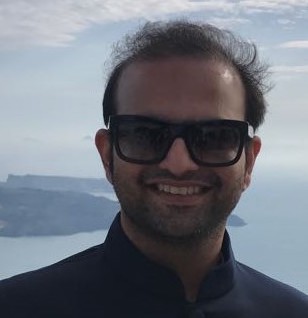
Nirbhay Kanoria
September 26, 2018
Anyone born after the 90s has most likely grown up on a diet of Harry Potter books and movies. J.K. Rowling swooped in and won the hearts of young readers across the world with her 7-part magical work about a young wizard and his battle against the greatest evil the world had ever seen. I would even go to the extent of saying that she created many new readers and her books are a gift to children’s literature. But, it seems not everyone is of the same opinion, and Harry Potter has actually been challenged and banned in multiple schools and countries around the world! The reason being that certain religious leaders feel that the portrayal of witchcraft and the use of magic in Harry Potter is against their religion and children should not be exposed to it. As ludicrous as it sounds, it is true. Unfortunately, Harry Potter is not the only perfectly good book that has been unfairly banned. Through this piece, I am going to explore why schools and colleges shouldn’t ban books, and why it is important to fight these bans.
Let’s start with a dark chapter in India’s literary history. Rohinton Mistry is a multiple award-winning author and has penned some of the finest works in Indian literature. His book, Such A Long Journey, won the Commonwealth Prize and was shortlisted for the Man Booker Prize. However, it didn’t meet the approval or exacting standards of local Maharashtrian political party Shiv Sena’s scion, Aditya Thackeray, who went on a book-burning campaign and ‘urged’ (read as threatened violence against) the Mumbai University to remove it from their syllabus, as the protagonist of the novel, a staunch Parsi, doesn’t agree with party founder and Thackeray’s grandfather, Bal Thackeray’s beliefs, and calls him “the bastard Shiv Sena leader who worships Hitler and Mussolini”, amongst other things. It was even more shocking because (junior) Thackeray had not even read the entire book, just the few ‘offensive’ paragraphs. Sadly, the university acquiesced to the unreasonable demands and Mistry’s masterpiece was banned and remains so till date.
But was it really about Bal Thackeray’s image or was it more about the Shiv Sena using this as a way to curry favour with local Maharashtrians by making it clear that no one can insult someone they revere, and to protect their projected image of ‘of the locals, for the locals’? Was it a way for Aditya Thackeray to launch himself into the dirty world of Indian politics? While this is speculation, the fact still remains that a beautiful piece of literature became the proverbial sacrificial lamb. Is it fair that students should suffer because of a party’s political ambitions? It isn’t even about a particular book, as many books have fallen under the political hammer, but it is the concept of banning books itself that is incorrect. Books reflect our culture, our society, our history and our people, it is not for a political party to decide what part of our history young minds should be exposed to, and it is the responsibility of educationists to expose students to varying opinions. If you think a book is defamatory, go ahead and sue the author and publisher in the court of law, but don’t resort to hooliganism, and it is beneath an educational body, especially one of Mumbai University’s stature, to agree to the demands.
There is almost no country in the world that doesn’t have some amount of darkness in its past. Be it Germany’s Nazi past, or India and its treatment of widows, and of course the U.S.A.’s dark history of slavery and racism. But is banning books about unpleasant times the correct way to treat a country’s past? Harper Lee’s To Kill A Mockingbird is nothing short of a classic, and a brilliant book at that. It’s about a white lawyer defending a black man, unfairly accused of raping a white woman. Set in 1930s Alabama, the book is primarily about racism, and naturally, as a reflection of the time, uses the dreaded N-word generously. While fiction, this book is probably one of the greatest ways for students to study a dark time in Southern U.S.A., but, none the less, it has been banned by schools on multiple occasions. The school boards claim it is because of the use of the N-word and its depiction of rape. But the offensive N-word is deeply entrenched in American social history and trying to prevent students from coming across it is almost counter-productive as without reading about it they will never truly understand why it is so offensive.
Furthermore, this book is a brilliant example of how you have to stand up for what is right and lawful, even if you are sympathetic to another cause (Atticus Finch is sympathetic to the cause of the Ku Klux Klan, a white supremacy group). Banning this book is a disservice to American students as you are trying to cover up part of the U.S.’ past and preventing them from reading a truly remarkable piece of literature.
Another very real aspect of every day, especially in India, is religion and religious differences. Unfortunately, books which portray either of the two prominent religions in India in an offensive or non-typical light, are often banned, not just in schools but in the whole of India. Cases in point- The Satanic Verses, The Hindus: An Alternative History, and Lajja– the list goes on. By not exposing our children to alternate viewpoints, we are running the risk of raising them with a very myopic view of religion, one that they are then taught to peddle. All religions are multi-faceted and beautiful if understood correctly, and dangerous when interpreted badly. If we protect our children from stories of people who have misunderstood and misused religion, how will they ever be prepared to deal with such people when they go into the real world? Are we not taking away their ability to think and reason for themselves, and to formulate their own ideas as to why a negative interpretation of a religion is incorrect? Lajja was banned because of its portrayal of Islam and by not allowing school and college going kids to read about what happened in Bangladesh after the Babri Masjid demolition, about the mindless massacre of believers of one faith by another, we’re preventing them from seeing that an incorrectly placed religious fervour can even lead a sane person to murder his own neighbour.
Furthermore, you may notice, in India, it is primarily books about Hinduism or Islam that get banned- not those that are to do with Jainism, Buddhism, Christianity, or Zoroastrianism. It is not that only followers of Hinduism or Islam get offended, it is simply that these two religions form the majority of our population and thereby also the majority of people who vote. It wouldn’t serve a political party any purpose to stand up and fight for the ‘cause’ of Parsis as the total number of voting Parsis is negligible. So while Harry Potter may be banned in certain schools in the U.S. as it can be perceived as anti-Christian, no one would bother banning it in India as there aren’t enough Christians to make a difference to any political party. Now, imagine if a young impressionable mind reads books where Christians or Parsis are shown doing immoral, unethical, incorrect things, but are never exposed to books where Hindus or Muslims are doing it (because such books are often banned), won’t their views end up being biased or prejudiced?
Across the world we see schools ban books for varying reasons, from those that deal with suicide (13 Reasons Why) to those which deal with sex (Sex Is A Funny Word) or sexual identity (George and Drama). This prevents students from receiving a well-rounded education as they are taught to look at only one side of the coin, and not accept that the same situation can have multiple interpretations. After all, what is right for you, may not be right for me.
Do you believe schools should ban books? Which other books have been incorrectly banned? What is the best way to educate young minds about uncomfortable topics? Share your thoughts in the comments below.


Nirbhay Kanoria
As a young boy, Nirbhay had the annoying habit of waking up at 5 a.m. Since television was a big no-no, he had no choice but to read to entertain himself and that is how his love affair with books began. A true-blue Piscean, books paved the path to his fantasy worlds- worlds he’d often rather stay in. Nirbhay is the co-founder and publisher of The Curious Reader.
You can read his articles, here.

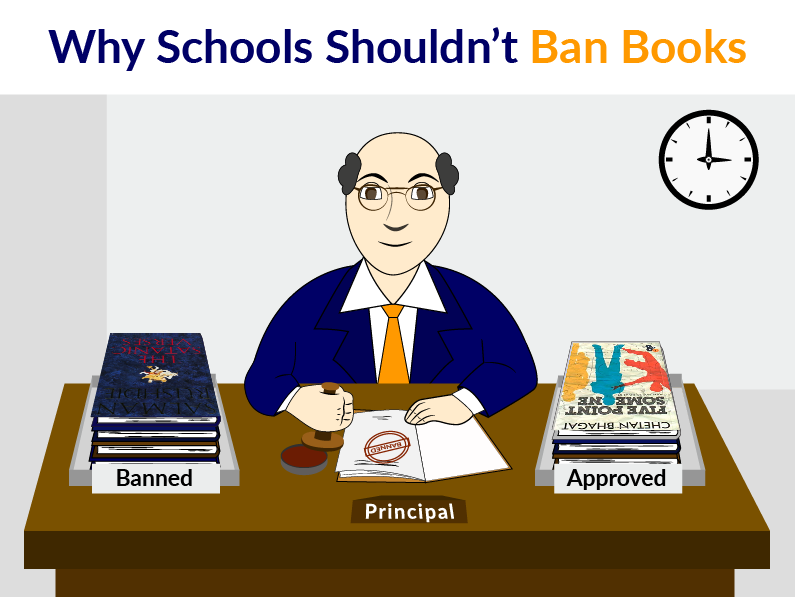
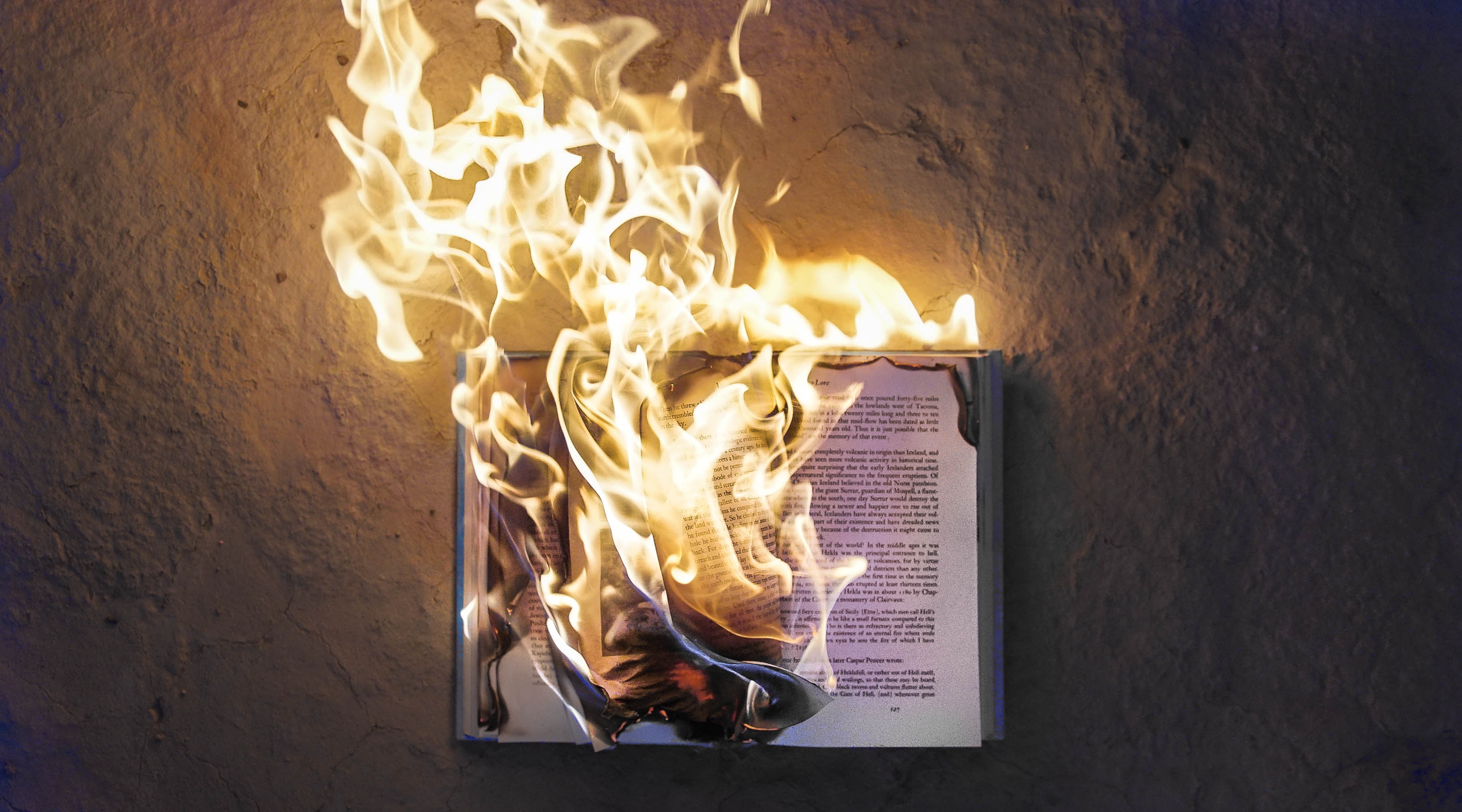
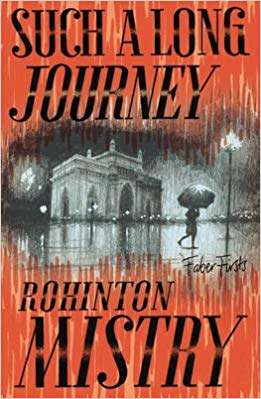
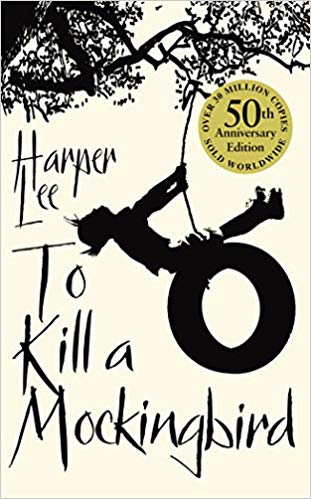
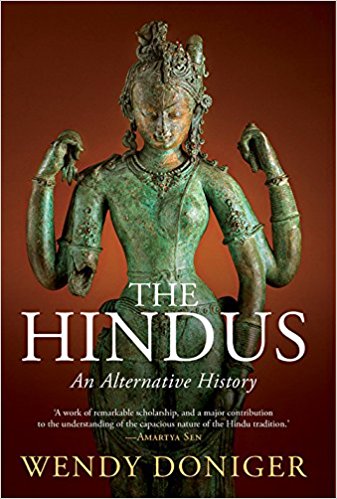

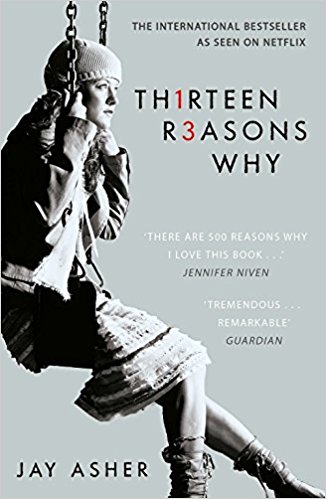


Check your inbox to confirm your subscription
We hate spam as much as you hate spoilers!